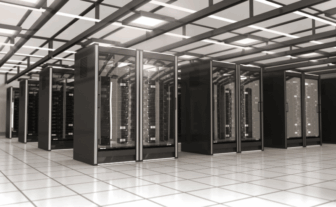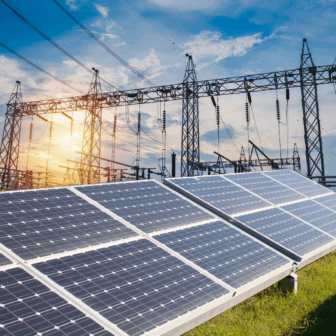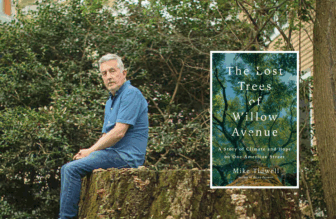This post was written by Emily Saari, an organizer with CCAN
Over 75 friends and neighbors from Frederick, Poolesville, and the surrounding areas came together Wednesday night to discuss the future of energy production in their communities. They were joined by expert panelists Paul Roberts (Marcellus Shale Safe Drilling Initiative Advisory Commission), Eric Shaeffer (Environmental Integrity Project), Dan Andrews (Sierra Club – Catoctin Group), and Mike Tidwell (CCAN). A member of Frederick County’s Board of Commissioners was also in attendance, Commissioner Paul Smith. A representative of John Delaney’s campaign for Congress also gave a short position statement.
Three years after passing historic legislation to invest in renewable energy, the majority of Maryland’s electricity still comes from coal-fired power plants. The particulate matter and heavy metals emitted by these plants is harmful to public health, and Schaeffer emphasized how these plants still struggle to meet basic environmental standards created decades ago.
Progress has been slow in other areas as well. Fossil fuel companies are touting natural gas as a potential ‘bridge fuel’, stirring up debate about ‘fracking’ in Garrett and Alleghany Counties. Roberts spoke to the devastating impacts fracking could have on Garrett County’s residents, agriculture, and tourist economy.
The risks of fracking reach beyond the drill pads in western Maryland, and audience members from right up the road in Myersville are upset that fracking will support the construction of a compressor station less than 2 miles from their homes and schools. Others expressed concern about the potential contamination of the Chesapeake watershed, the potent warming effect of methane on the climate, and wasted economic investment in a short-lived fuel supply.
Also close to home, residents of Frederick have seen how Maryland’s renewable energy standards can go wrong – they’ve been embroiled in a community battle to stop the construction of a garbage incinerator in their backyards. The incinerator would spew toxic air pollution while still qualifying as clean, ‘renewable’ energy for the state’s goals. Andrews outlined why the incinerator would not only be a waste of money and a health hazard, but would turn Frederick into Maryland’s “trash central.”
In the words of Tidwell, instead of continuing to “light things on fire” for our power, why aren’t we investing in the incredible opportunity Maryland has to generate the truly clean, endless supply of wind power off our coastline?
We’re stuck between the false choices presented to us by the fossil fuel industry, the media, and politicians – economics versus environment, regulation versus opportunity, jobs versus health. In response, Schaeffer gave advice to concerned community members: “Part of the answer should be, ‘What are my other choices?’” When the full picture is presented – not just a misleading dichotomy – it’s clear that we don’t have to make sacrifices to generate power. Maryland communities can prevent pollution, protect public health, and still be economically competitive with investment in offshore wind power.





